The historic Garrick Club in London, known for its exclusive men-only policy spanning nearly two centuries, has made a groundbreaking decision to allow women to become members. Here’s the full story.
Pale, Male and Stale
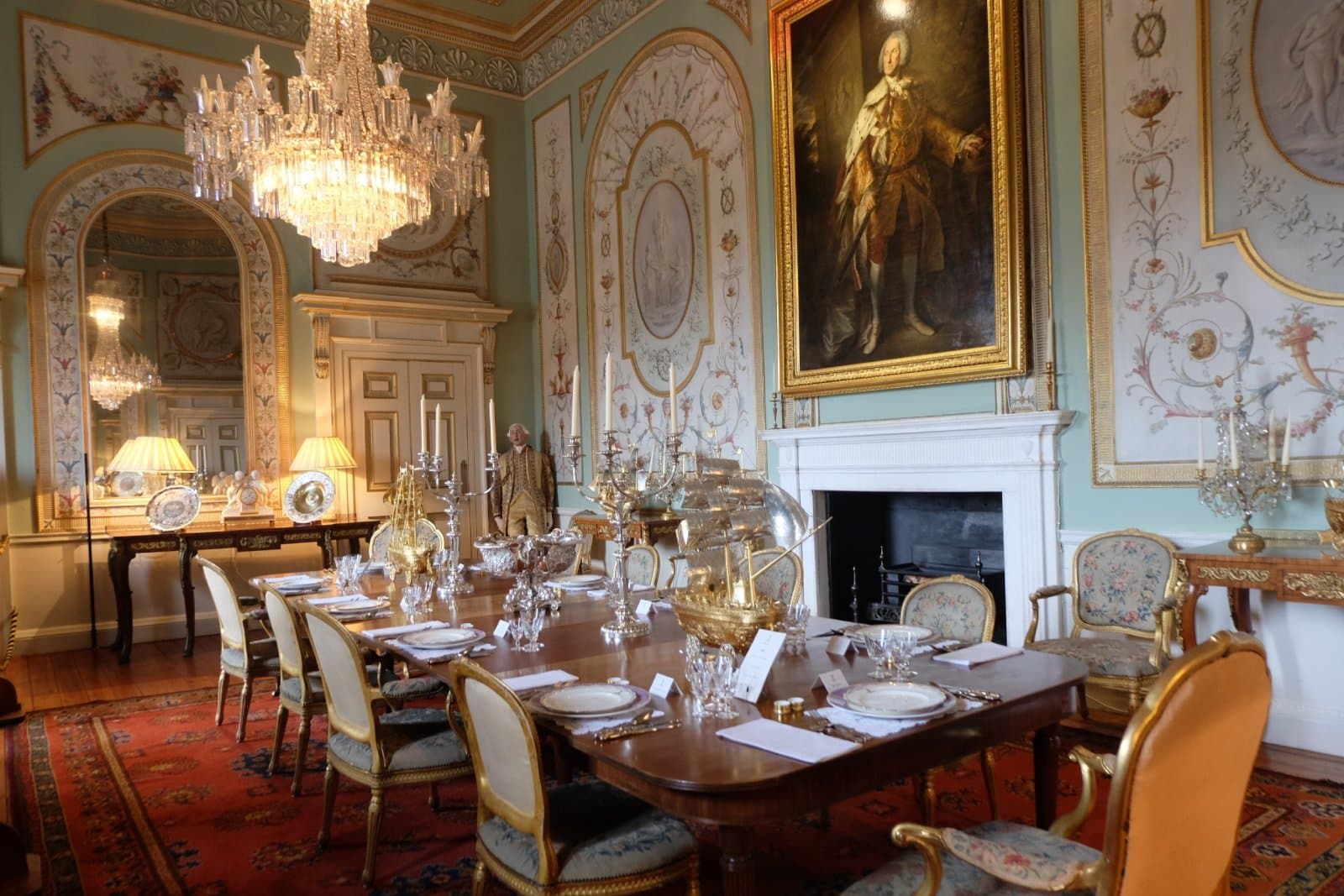
The historic Garrick Club in London, a safe space for the majority pale, male, and stale elite of British public life, was previously infamous for its exclusionary men-only policy. However, it has now voted to allow women to be members for the first time in its history.
Modern Expectations
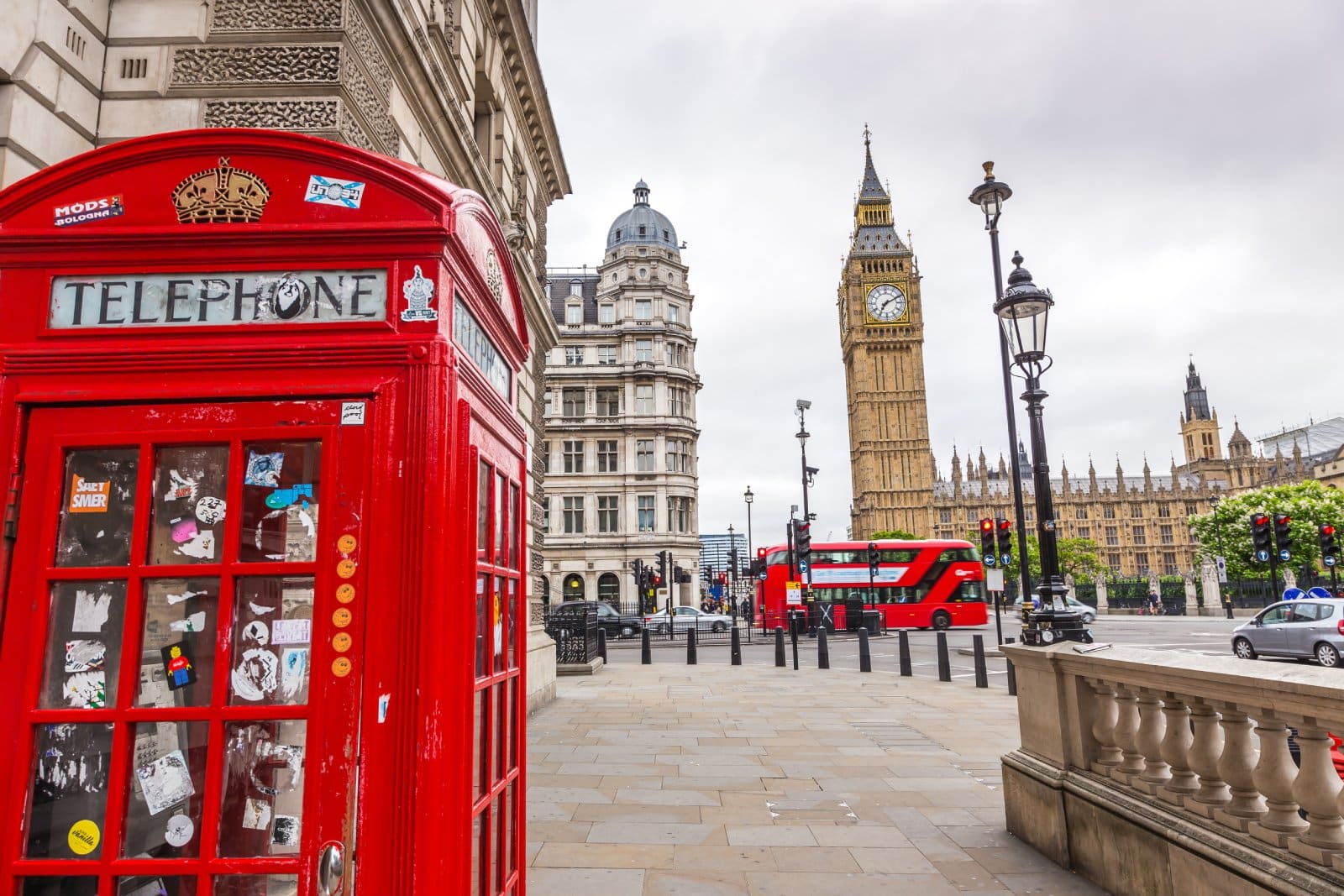
The decision was announced following a private meeting attended by hundreds of members. After hours of discussion over the merits of allowing women to join, it finally decided to match its membership requirements with those expected in modern Britain.
193 Year History
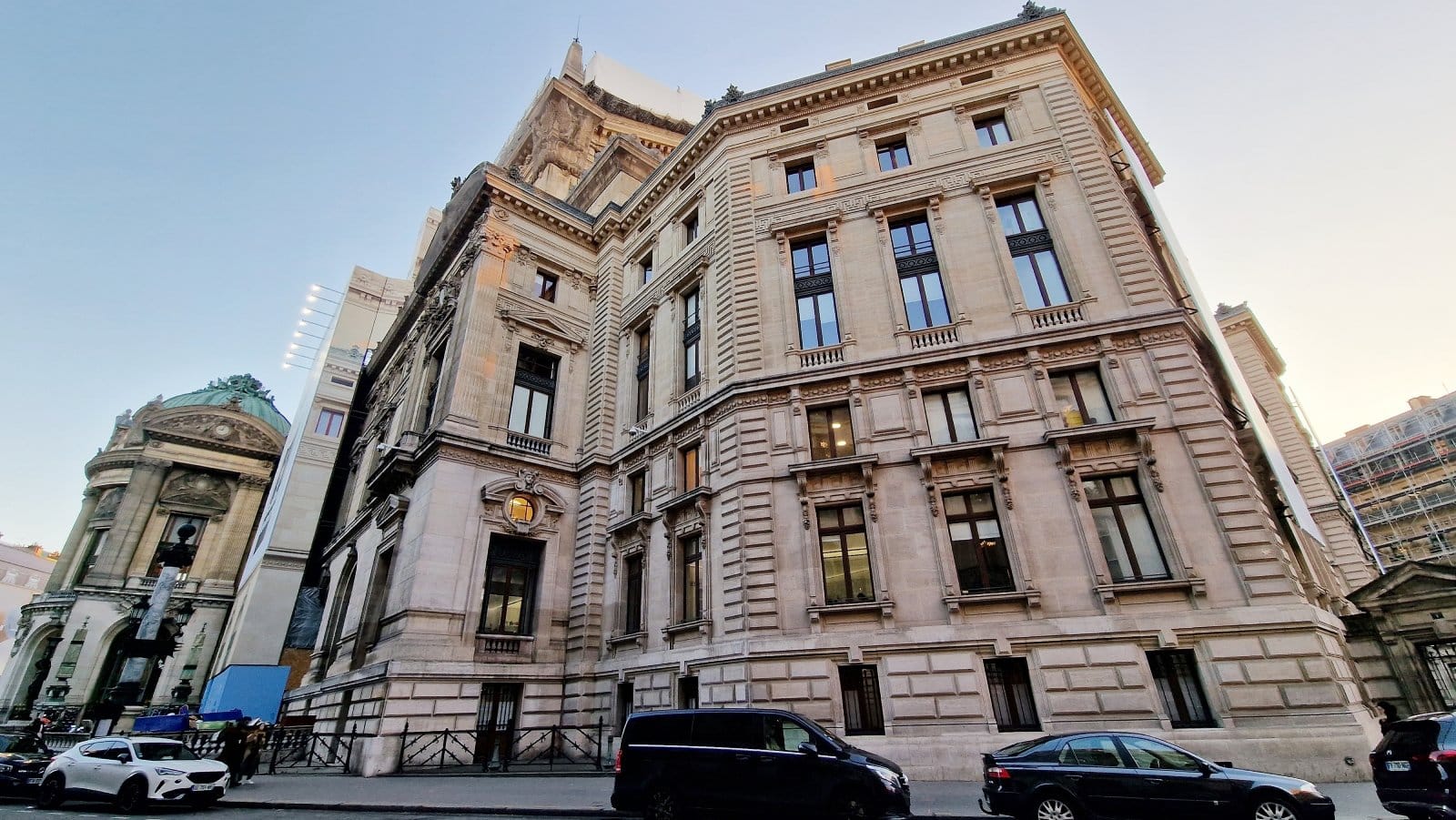
The decision, which passed with nearly 60% of the vote, signifies a significant departure from the 193-year-long exclusive history of the club.
Membership List Leak

The men-only membership rule became increasingly untenable after the Guardian leaked the membership list, encompassing much of the British ruling elite.
Powerful Men

The list showed that several profoundly influential figures, including King Charles, a legion of judges, and several sitting MPs, were club members. This sparked public outrage and scrutiny of a venue where influential and powerful men, and only men, could meet safely in the knowledge of the club’s discretion.
Sexist and Exclusionary

As influential figures, including Sir Richard Moore of MI6 and Cabinet Secretary Simon Case, resigned from the club in response to the controversy, pressure mounted for the Garrick Club to reevaluate its admissions policies, widely decried as sexist and exclusionary.
“Actors and Men of Refinement”

Following its founding in 1831 as a place where “actors and men of refinement” could meet on “equal terms,” the Garrick had been a mainstay of British establishment life.
British Cultural Elite
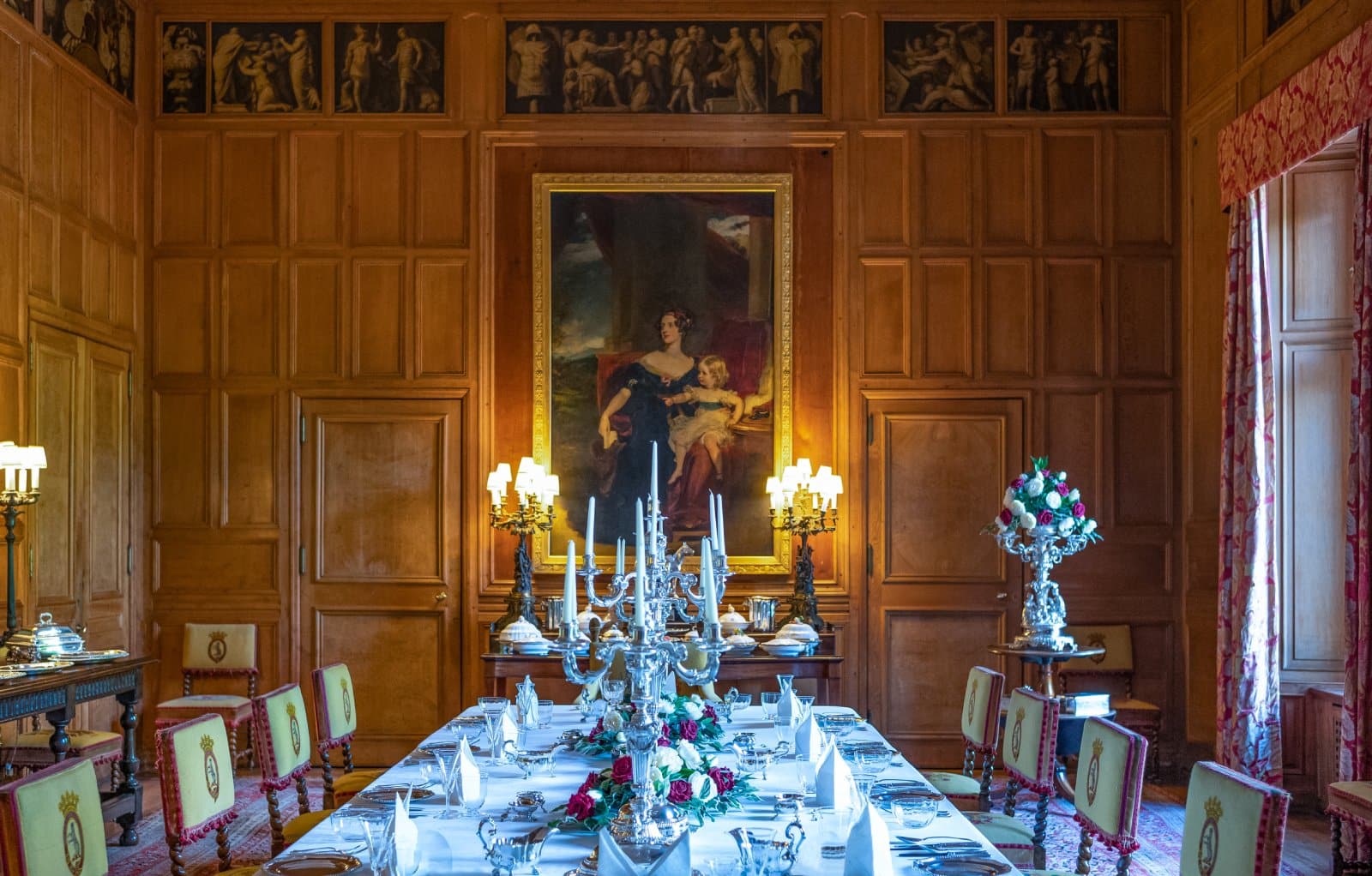
Influential figures in the arts, such as Brian Cox and Benedict Cumberbatch, are members and a host of theatre producers and directors who make up the backbone of British culture.
Open Letter

However, following the media storm, several high-profile members from the cultural rather than political sphere, including the musician Sting and the actor and comedian Stephen Fry, published an open letter in which they threatened to resign their membership should the club fail to adapt to modern expectations of inclusivity.
Allowed by Technicality

However, despite the vote, an analysis of the club’s rules, spearheaded by David Pannick KC, revealed a technicality that allowed women to be admitted.
“He” Means “She”

The 1925 Law of Property Act provided a basis for challenging the club’s historical male-only stance after it clarified that “he” should also be read interchangeably as “she” in legal documents.
Untenable Policy

The decision to admit women reflects broader shifts in societal norms and expectations regarding gender equality and representation, but it was also due in large part to the tireless work of women in the arts and other activists, who increasingly made the club’s male-only policy untenable.
“Uncomfortable With That Arrangement”

Jude Kelly, theatre director and founder of the Women of the World Foundation, who had campaigned against the club’s exclusionary policies, stated, “I’m glad that men who were previously comfortable with the club being men-only have thought again and decided that they are now uncomfortable with that arrangement.”
“Superior Privileges”

She continued, “These clubs were created as places for people who were given superior privileges. This is not the same as having an all-girls picnic or a boys-only cricket club. This is a place that sustained male power.”
Influential Women

Members who supported the admission of women to the club have already drawn up a list of women they think would be beneficial members, including Mary Beard, former home secretary Amber Rudd, and Margaret Casely-Hayford, chair of Shakespeare’s Globe’s board of trustees.
Slow Pace of Change
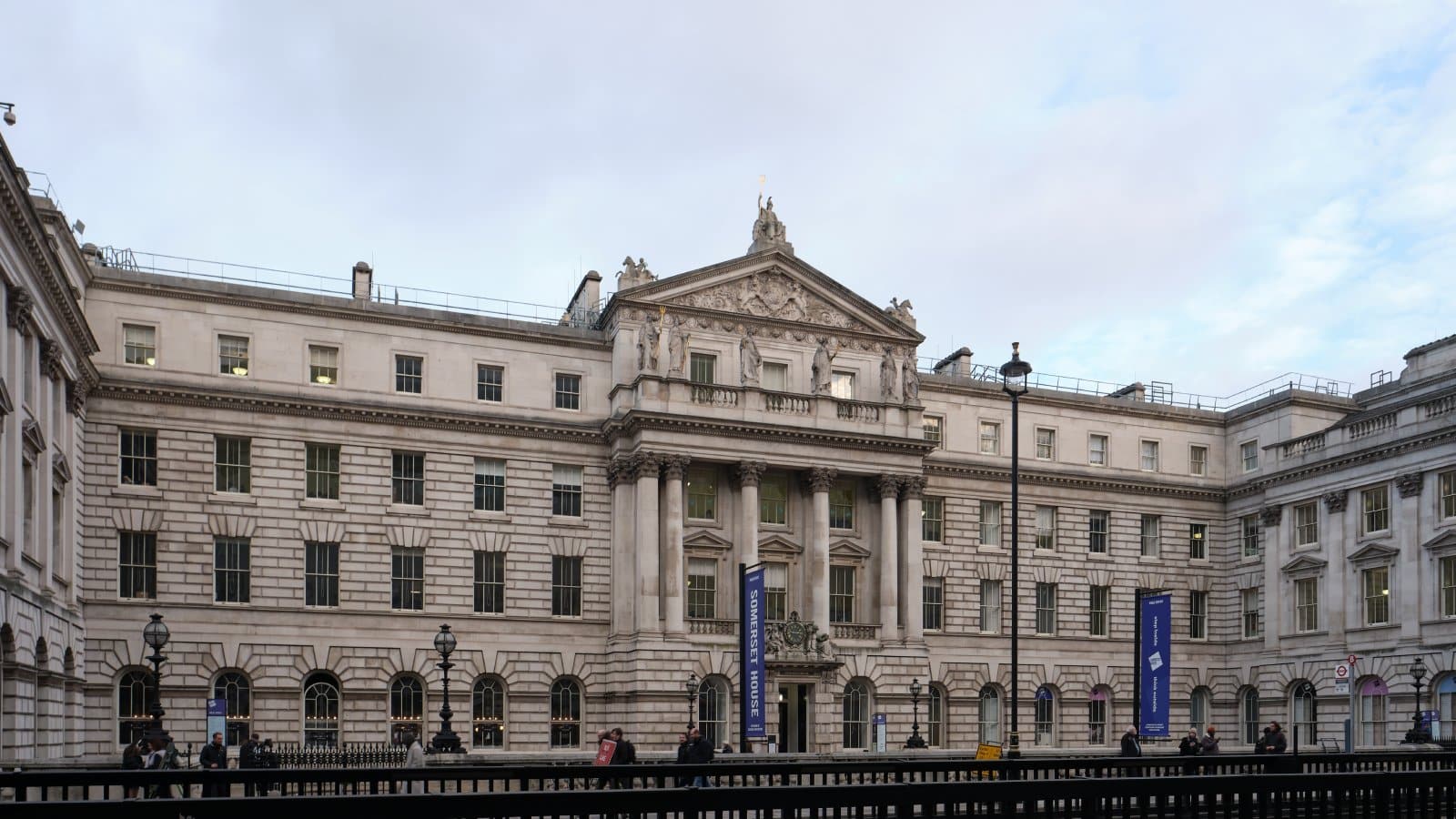
However, the pace of change is likely painfully slow, as the Garricks admissions policy is suitably archaic for a venue with such a long history.
Supportive Signatures

Potential members must have two pages of supportive signatures before being invited to the club for dinner. After that, the club’s committee members discuss the prospective members’ admission.
Exclusive Institution

Though the Garrick Club’s decision to admit women marks a turning point in its long-standing tradition of exclusivity, the club remains an exclusive institution, and membership is only available to a lucky few.
Long-Standing Sexism

Though the vote may rightfully be hailed as a victory against long-standing sexism in British institutions, the fact remains that such clubs are still frequented almost exclusively by those who can afford the secretive but almost certainly expensive membership costs.
Not Invited
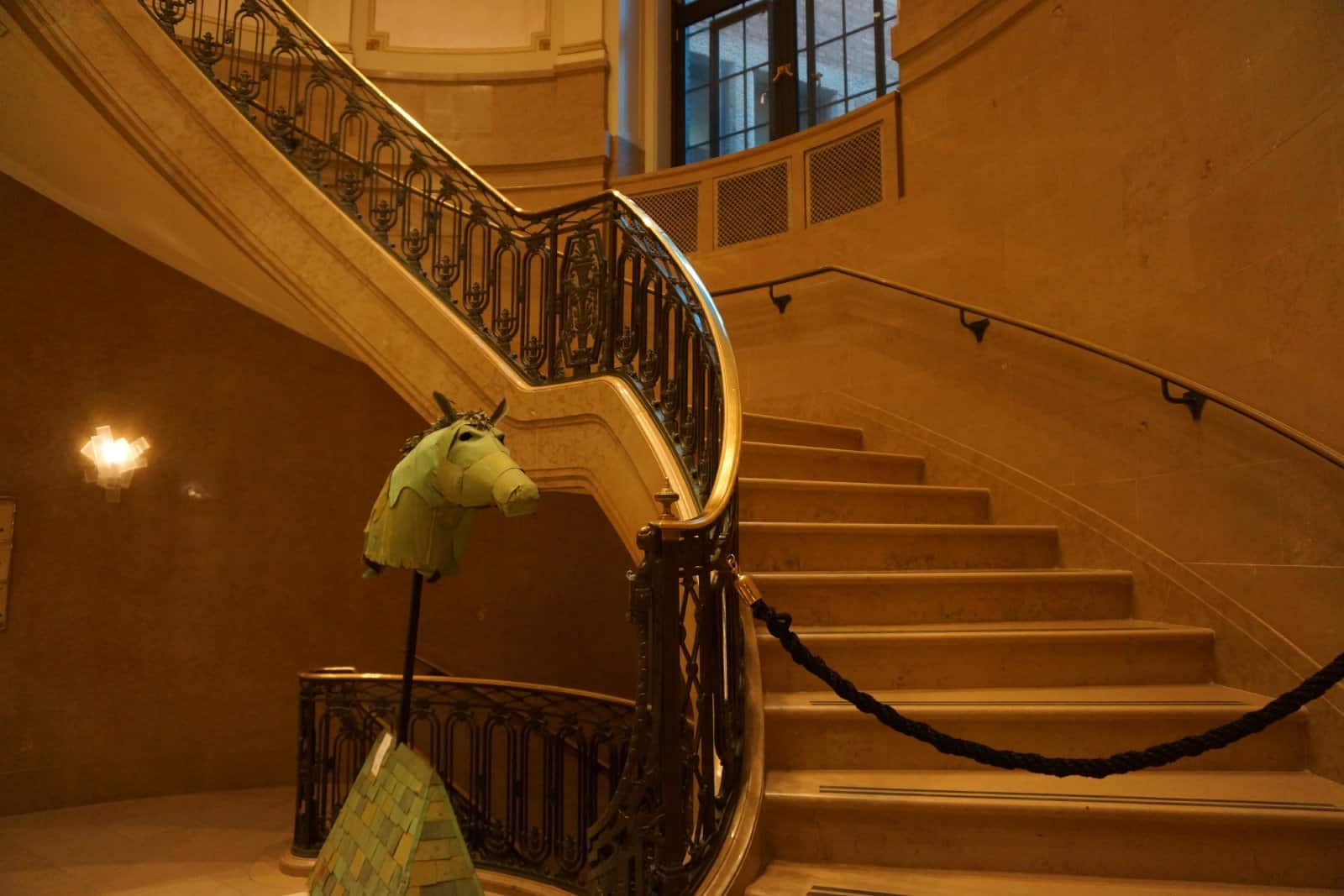
It’s a big club, and the majority of the British public are not in it. Whether this will change anytime soon remains to be seen.
The post Historic Shift: London’s Garrick Club Opens Doors to Gender Inclusion After 200 Years first appeared on Now.
Featured Image Credit: Shutterstock / Jacob Lund.

